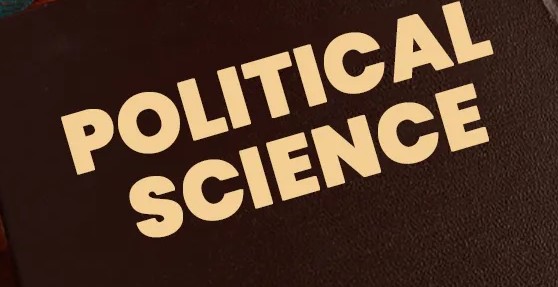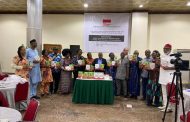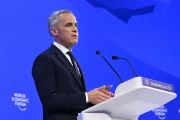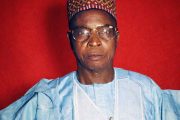By Prof Gani Yoroms
Let me join all well-wishers to congratulate those who have been recently appointed into the professorial cadre in the Department of Political Science at Bingham University in Karu, near Abuja. It is an enviable category to belong. A professorial appointment is, however, not a name tag. It comes with expectations based on record of innovative research, extensive experience and community service.
It’s a character endorsement too. What others will do and get away with it, a professor can’t. The professor cannot talk out of convenience. S/he reasons before s/he talks or write. Because the expectation of the public on the professor is higher than can be imagined.
A professor must own up where his or her knowledge is limited. There is no feeling of regret if a professor does not meet an expectation. Taking or admitting responsibility for limitations is part of it. Limitation itself is an element of knowledge. It provokes in the knowledge bearer to advancing the research agenda.
There is a public stupor, partly because many colleagues have created an aura around themselves as jack of all knowledge. This is to the extent that when they are called professors of Political Science, they assume it they know everything about Political Science whereas one can only be a specialist/professor in one minute area of the subject.
Indeed, a professor must have confidence in his area of specialization. A military general is always confident of his or her mastery of military practices measured by the rank as well as bravery and manipulation of the use force the rank also speaks to. For a professor, it is the use of the brain and intellection, not the brawl.
The title or rank of professor is so heavy that it comes not only as measure of experience and the confidence from innovative knowledge and skills but also how these becomes public trust.
For those of us in social sciences, it is heavier because the public expects us to have solutions to societal problems. How we navigate that is also part of the challenge.
There is no school for professors beyond the experience and innovative knowledge that makes the difference. And how they are used to address societal problems through scholarly works.
It is not in the matter of the vocabulary used in journalistic jargon but the humility of the choice of words that speaks to the thoughts of the moment. This is what makes social science professors unique because of the uniqueness of their ability for logical reasoning, scholarly articulations of facts and proven evidence of long periods of research.
Professors do not need to convince anyone to accept the outcome of their research beyond the reviewers of research and knowledge generated and what they say. As we continue to have a number of home grown/ in-house professorial staff (and this is also happening across the university system) it is incumbent on professors to know that our postgraduate programmes will be given a boost.
A lot of experienced people in the public and private sectors would like to commence their MSc and PhD programs at our university. They would be coming with field experiences. If we can’t show the level of teaching and research experiences that surpasses their own, the most we must do is to be grounded in theoretical perspective and dialectics. This is where they will be struck by our professorial exceptionalism. Otherwise, our professorial designation will only be a mere name tag, an identity of no consequentially. This, we must avoid.
We must struggle to, in spite of severe shortages of working materials for research and teaching in this dispensation, deepen our research commitments towards innovative knowledge and impact on our society. The level which our society can climb depends on the ability of our professors to lead the way as philosopher-kings. This must come with an unassuming grace.
Once again, congratulations, colleagues!
The author, a Professor of Political Science, has institutional affiliation with Bingham University




























